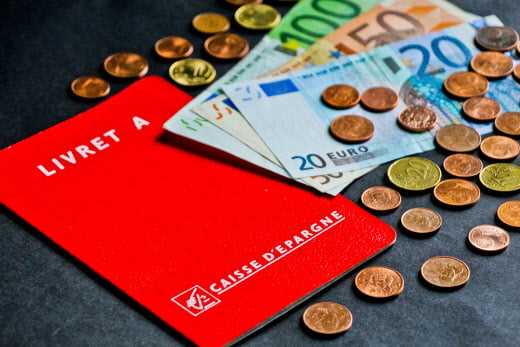Fair has every intention of promoting solidarity finance among the various presidential candidates. To try to weigh in on the debates, the former Finansol, which merged last June with the Impact Invest Lab, published a white paper at the beginning of February containing « 10 proposals to develop social impact finance “.
The association pleads in particular for a reinforcement of the supply of regulated solidarity savings. “We want to make the Livret A a shared savings tool, and propose in particular to extend the option of solidarity donation to the Livret A from 2022”, explains Frédéric Tiberghien the president of Fair. Since October 2020, it has already been possible to use the savings accumulated on your sustainable and solidarity development booklet to make a donation to an actor in the social and solidarity economy (ESS).
Concretely, the banks offer each year to their customers who hold an LDDS to make one or more donations from the sums appearing on their booklet, to SSE structures (associations, foundations, mutuals, cooperatives, certain commercial companies, etc. …). “It would be a way to make solidarity savings better known to the 55 million passbook A holders”, points out Frédéric Tiberghien.
Fair also proposes to gradually increase from the end of 2022, the share of funding earmarked from savings accounts A and LDDS to bank loans to players in the green and solidarity economy. Today, the share of Livret A and LDDS deposits entrusted to banks (and not centralized at Caisse des Dépôts) must be allocated to financing the social and solidarity economy only up to 5% of outstandings. This share reaches 10% for ecological and social transition loans.
“We have not yet determined what could be the new rate to be reached but in any case, it will be necessary to raise it slowly and gradually”, specifies Frédéric Tiberghien who hopes that his speech will carry as it was already partly the case in 2017. “Some of the measures that we had proposed in our previous white paper had been taken up by the candidate Emmanuel Macron and subsequently integrated into the Pacte law”, rejoices the voice of solidarity finance. Thus, as desired by the association since January 1, 2022, all multi-support life insurance contracts must include a unit of account stamped Finansol, one labeled SRI (Socially Responsible Investment) and another green (Greenfin).
“We will begin to see the various presidential candidates in the coming days, but we are counting above all on the parliamentarians who are sensitive to these questions because of their proximity to the associations on the ground. We intend to meet the deputies in a second time from April in view of the next legislative elections. »explains Frédéric Tiberghien.
For “ecological” accounting standards
Among other proposals, the association asks to remove certain regulatory obstacles in order to authorize and encourage institutional investors to finance companies with strong social utility. Fair also calls for promoting the emergence of seed funds for social enterprises at French and European level or even to position France as a pioneer in ecological accounting. It would be “define a new accounting standard that is able to reflect and connect companies’ financial and extra-financial information”.
Booming, solidarity savings is still in its infancy in France. Over the whole of 2020, the various products of this type collected around 5 billion euros, an amount up 33% compared to 2019, bringing the total outstanding amount to more than 20 billion euros. . However, these investments which make it possible to support projects with strong social or environmental utility represent only 0.36% of the heritage of the French, according to the latest barometer of solidarity finance Finansol -La Croix, published last May. Still far from the 1% target set by Fair for 2025-2027.
